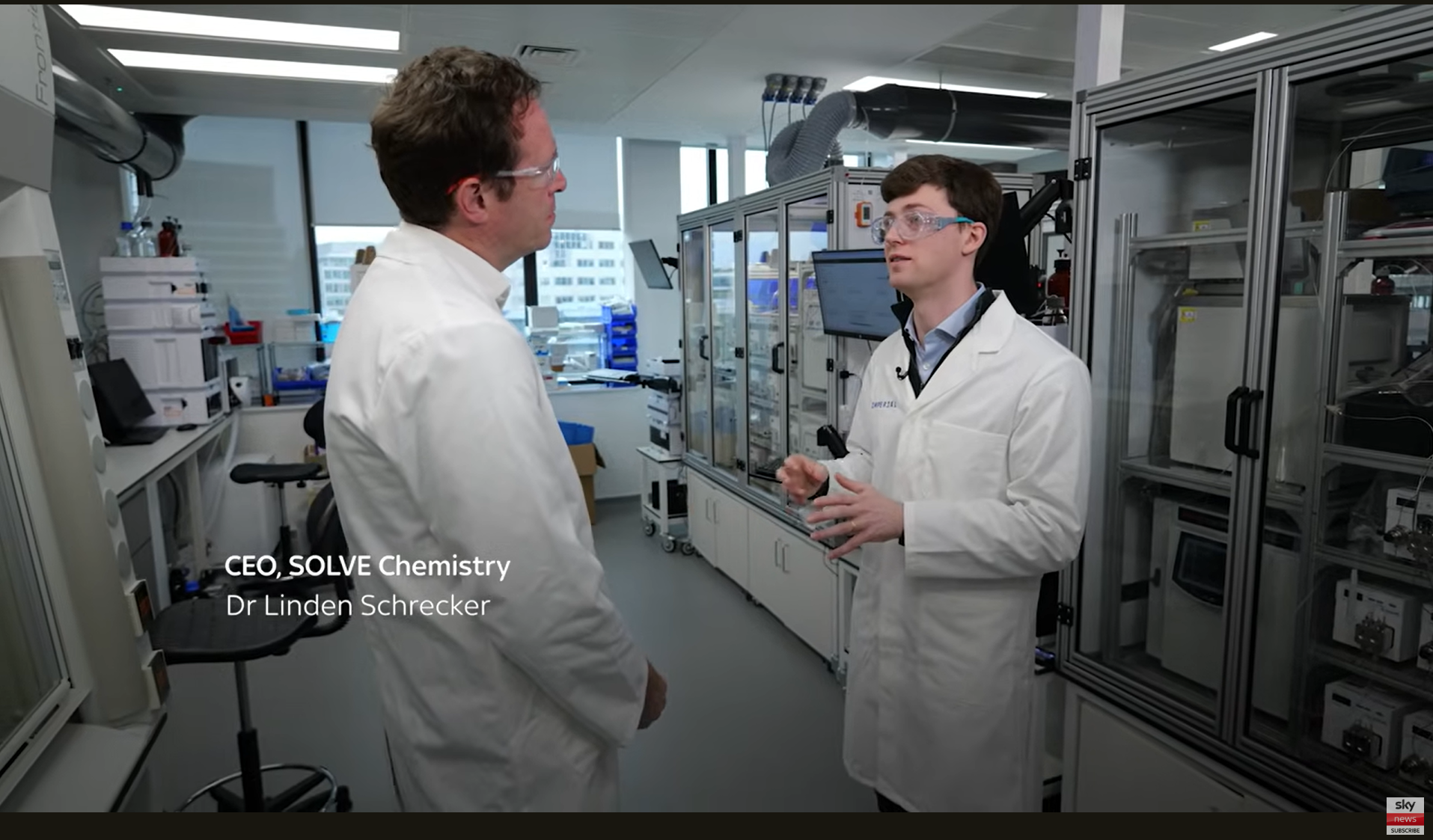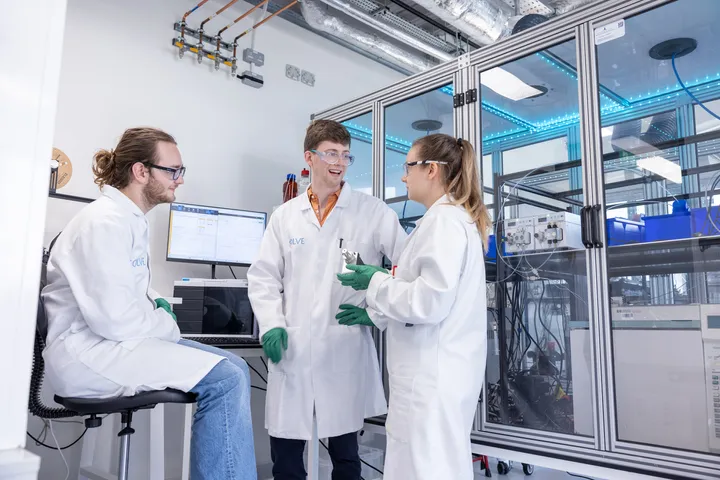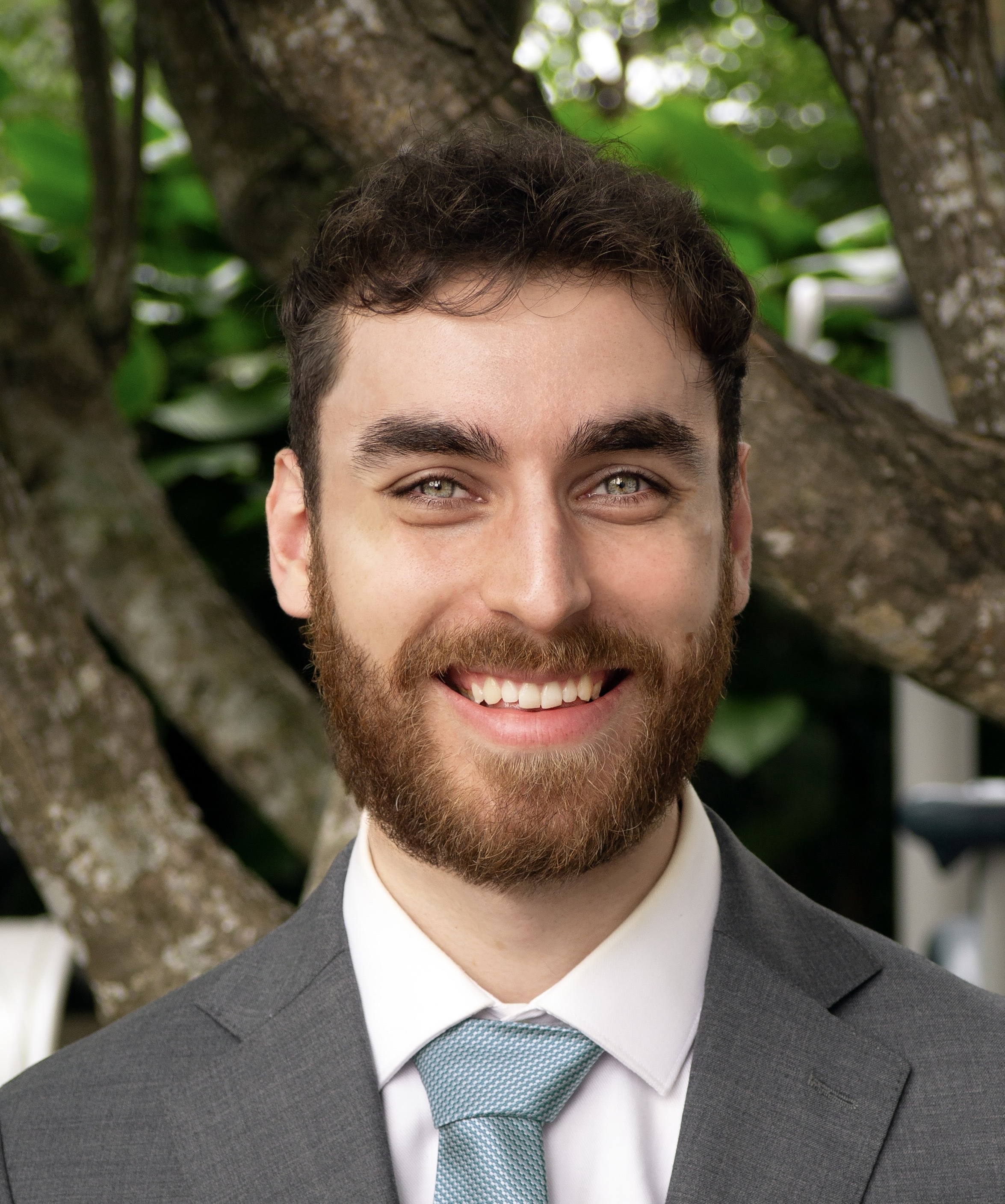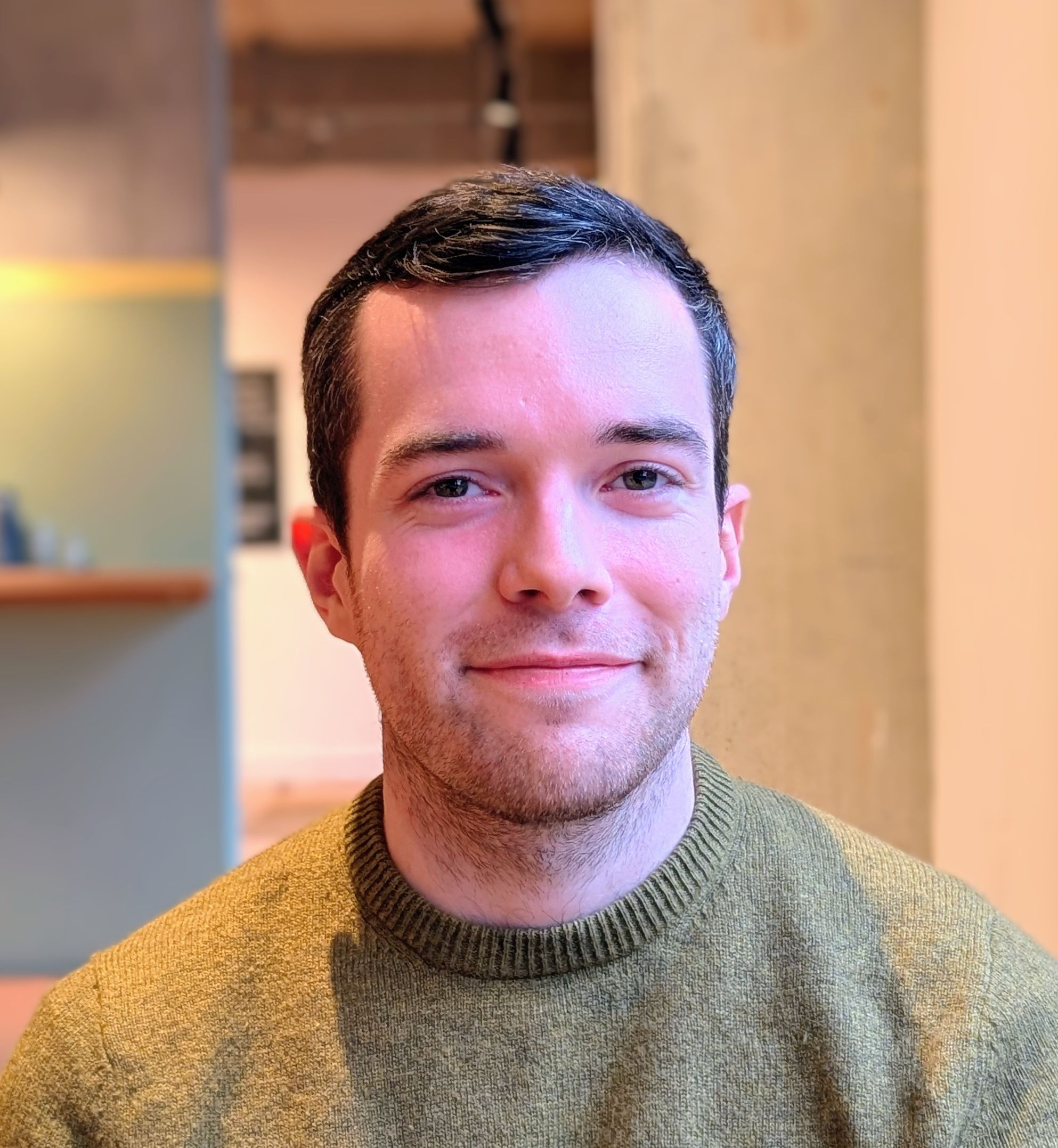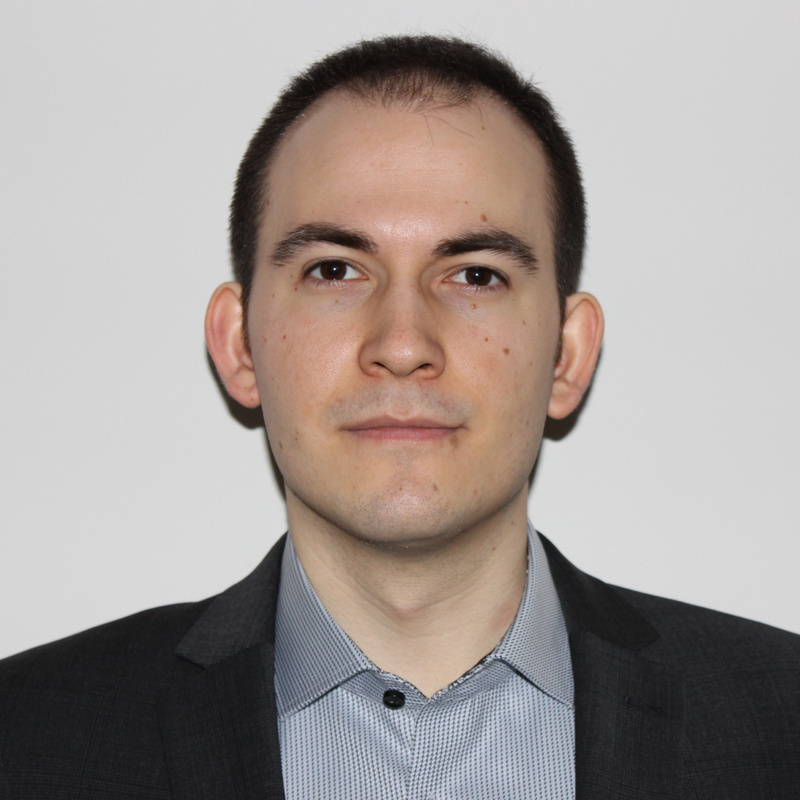For pharmaceutical and agrochemical companies who need to speed-up process development for organic synthesis.
SOLVE Chemistry provides kinetic insights and quantitative yield data to you in a FAIR manner.
Unlike other Al tools, our automated lab collects high-quality quantitative data that powers our proprietary Al models.

Own your data, integrate your workflow
Your reaction data shouldn't be trapped in PDFs or scattered across spreadsheets. We produce FAIR, machine-actionable data that you can download instantly or integrate securely into your existing databases and workflows via our API. Use it in your models today, feed it to your AI tools tomorrow, and maintain full IP control forever.
Find your optimal reaction solvent in weeks, not months
We deliver data-driven complete response surfaces in 2 weeks instead of 3 months. Informed by computational and proprietary machine learning models, our technology provides you with insights into how the solvent environment affects your reaction. Understand the trade-offs of your solvent choice whether that is yield, cost, or sustainability, with data to back it up.
De-risk your process development with micro-kinetic modeling
Get intrinsic scale-independent kinetic models, free from mass and heat transfer effects, that tell you exactly how your chemistry will behave. 50× faster than standard kinetic modeling approaches — quantitative kinetic constants, robust kinetic models, purpose-fit for your workflow.
Scale-up right first time
Visualize yield and purity response surfaces and kinetic models, then get the data you need in formats that plug directly into your reactor models, so you can confidently predict performance at scale before you commit to equipment or production runs. Our product integrates with popular reactor modelling software providers.

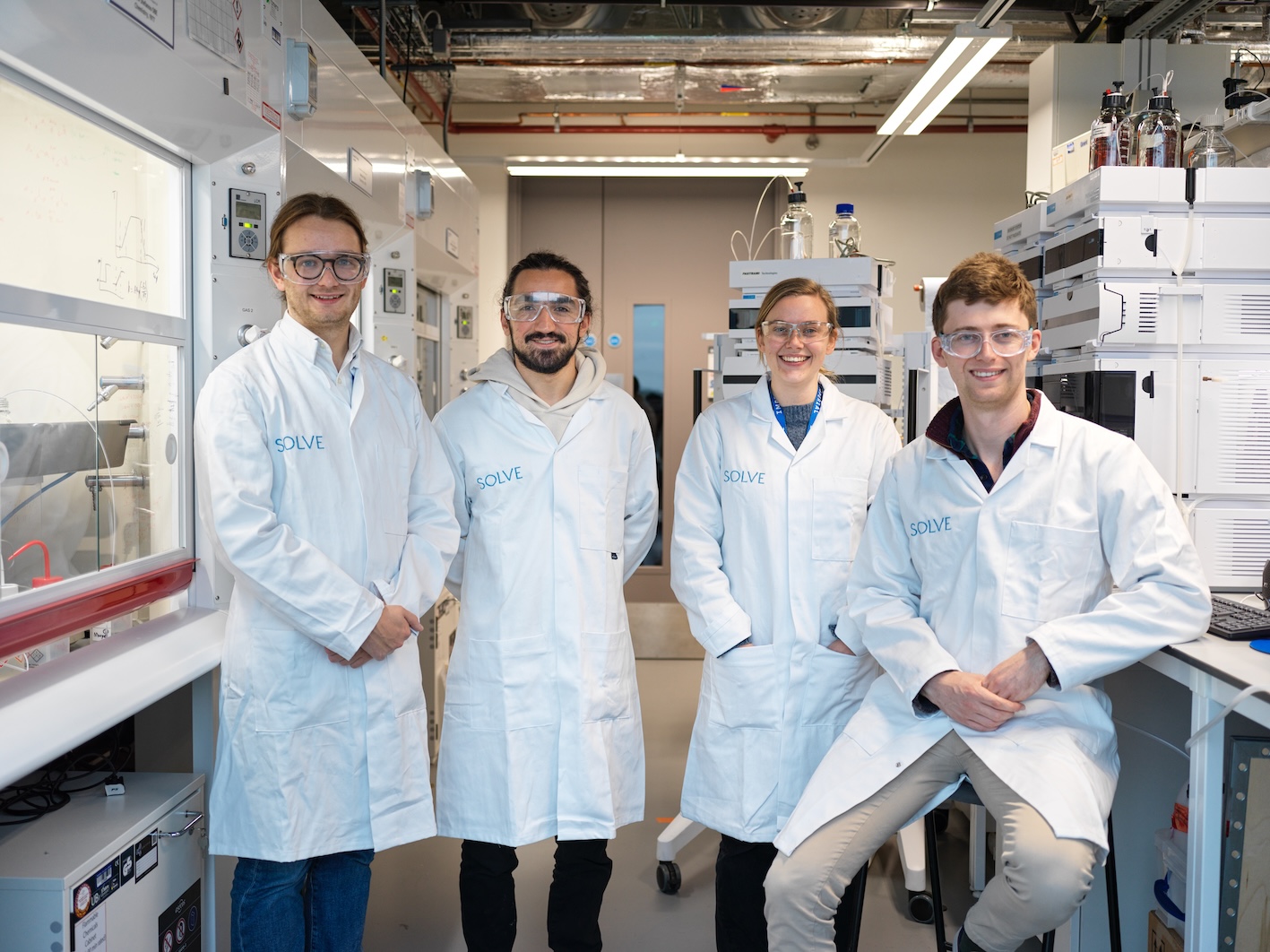
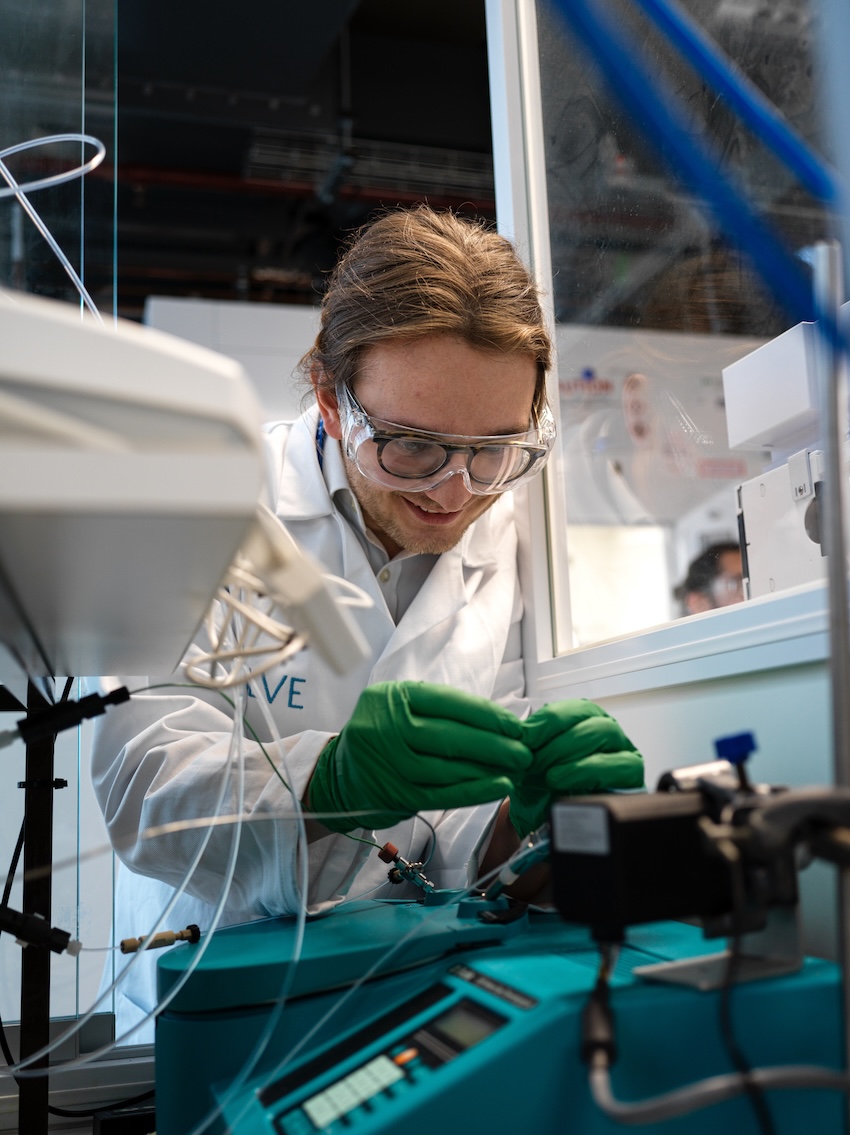
At SOLVE Chemistry, we are driven by a shared belief that smarter, data-driven solutions can transform the chemical industry and make a real difference in people's lives. Our mission goes beyond simply optimizing processes: we are committed to empowering our clients with flexible, evidence-based options that allow them to apply their expertise in ways that have the greatest impact.
Every member of our team is dedicated to the idea that by improving efficiency and reducing risk, we can help lower the cost of vital products, from pharmaceuticals to agrochemicals, all while driving innovation and setting a new standard for sustainability.

